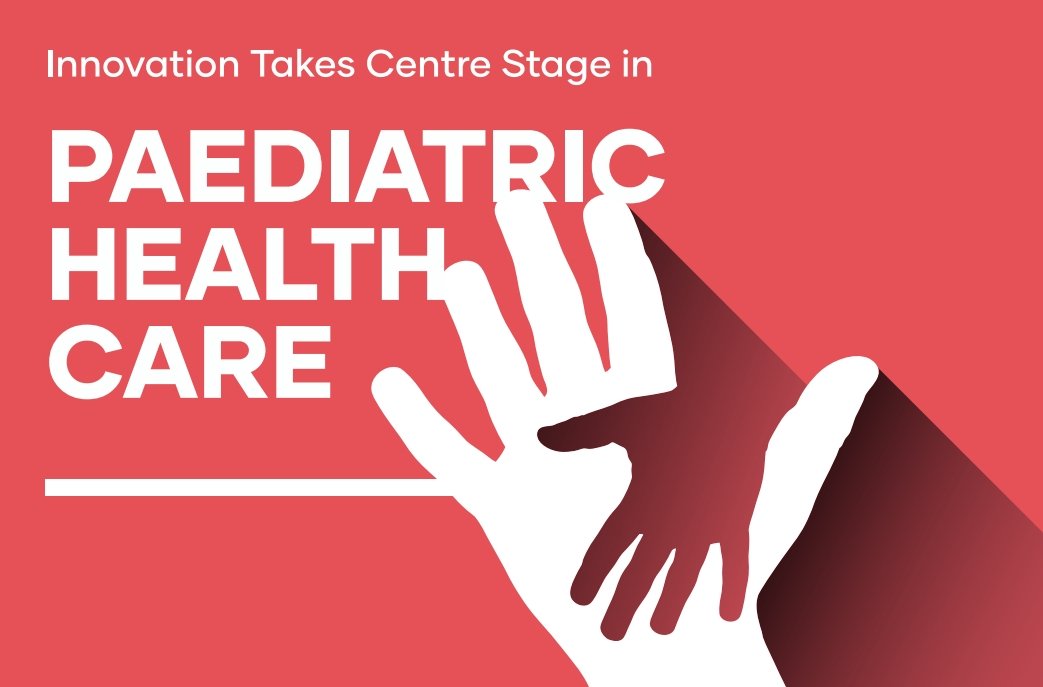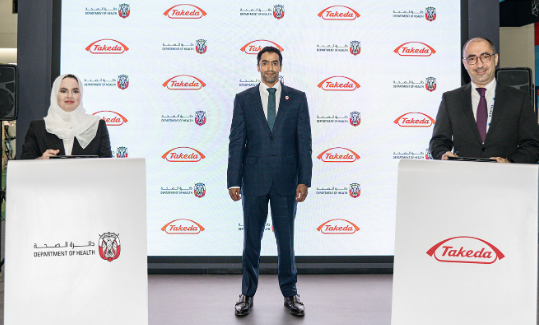Pharma Heads Pass Leadership Baton
02 December 2023 | Analysis | By Ayesha Siddiqui
The pharmaceutical industry is evaluating and adapting to the Great Reset, set in motion back in 2020. One key strategy in this regard has been the change of management structure, with several high-profile leadership changes in 2023. As the euphoria of pandemic-induced record revenues subsided in 2023, the pharmaceutical industry had to reevaluate its strategies and has undergone significant structural changes. Companies adapted their approaches, implementing measures such as job cuts, mergers and acquisitions (M&A), and a comprehensive overhaul of top management to navigate the evolving landscape effectively. Big Pharma elites, including Pfizer, Sanofi, Novartis, Astellas, among others, have announced a slew of leadership changes in recent times. Let’s explore these further.

Image credit: shutterstock
In March 2023, Pfizer announced a $43 billion merger with Seagen, one of the most substantial M&A deals in recent times. Fast-forwarding to July 2023, Pfizer had already initiated strategic leadership changes, preparing itself for the impending mega-merger.
Dr Chris Boshoff joined Pfizer’s executive leadership team as chief oncology research and development officer and executive vice president (VP). Boshoff will be the single point of accountability for the entire oncology pipeline – from discovery to early and late-phase clinical development. Previously, Dr Boshoff oversaw clinical research and product development activities for Pfizer’s oncology portfolio. In addition to his expanded role, Dr Boshoff is leading the integration planning for Seagen’s medicines and team.
Chief Scientific Officer (CSO) Dr Mikael Dolsten will expand his role to become CSO and president of R&D. William Pao, chief development officer and Executive VP, is leaving the company to pursue new opportunities outside. Pfizer believes the changes will benefit the company in its current stand-alone structure, and also aligns with Pfizer’s vision for the potentially combined organisations.
Novartis recently witnessed a series of leadership changes. Marie-France Tschudin, the president of innovative medicines international and chief commercial officer, has chosen to leave the company after nearly seven years. Consequently, she will step down from the Executive Committee of Novartis (ECN). Dr Patrick Horber, (Former VP, AbbVie) has been appointed as the new president, International. Dr Horber will also assume a position on ECN.
Sanofi also revealed significant leadership changes, with Houman Ashrafian taking on the role of head of R&D. Madeleine Roach is appointed as the head of business operations, while Emmanuel Frenehard is the new chief digital officer. Bill Sibold, head of the specialty care GBU, has departed the company.
Bristol Myers Squibb (BMS) has disclosed a change in leadership, with Dr Giovanni Caforio, chairman, and CEO, choosing to retire. Dr Christopher Boerner, formerly EVP and chief commercialisation officer is the new CEO.
Astellas also reshuffled its management structure. Naoki Okamura, the company’s former chief strategy officer has been appointed as president and CEO while Adam Pearson has been appointed as chief strategy officer (CStO). Claus Zieler, president of established markets, was named as the new chief commercial officer.
Closer home, in the Asia Pacific region, Korean firm SK Biopharmaceuticals and China’s Everest Medicines have appointed new CEOs, signalling a strategic shift for the next phase of company growth. Gilead Sciences has also made a notable leadership change, with Jae Yeon Choi taking on the role of general manager (GM) for Korea. Meanwhile, Japan’s Kyowa Kirin, announced the appointment of Steve Schaefer as president, North America to manage the next phase of growth.
It’s interesting to note that almost all the companies who have announced new leaders have also furloughed the staff. Pfizer, for instance, has reportedly laid off around 500 positions, at its Kent site in the UK. Similarly, Sanofi is set to review operations at two vaccine-making facilities in Hyderabad, India, potentially letting go of all 800 employees through a voluntary retirement scheme. Novartis is undergoing a significant organisational makeover, with reports suggesting potential job losses for some top executives and approximately 8,000 employees in a restructuring move.
Leadership changes and layoff sort of go hand in hand. “A significant shift in leadership and strategic direction within a company sparks feelings of insecurity among professionals, resulting in a talent drain. The uncertainty created by these changes has led to a loss of skilled individuals seeking stability in their career paths. On the flip side, the company's adoption of a broader product portfolio presents newfound career development opportunities for professionals looking to diversify their skill sets and broaden their experience. However, the drive to boost operational efficiency and performance may paradoxically lead to a reduction in manpower, potentially resulting in layoffs as the organisation seeks streamlined processes and cost-effectiveness. This juxtaposition of career development prospects and the threat of layoffs highlights the complex dynamics at play during periods of significant organisational transformation,” said Shermaine See, Principal Consultant, EPM Scientific.
Newer Pastures
Top executives from big pharmaceutical companies are now making strategic moves to biotech startups. These experts bring valuable skills to the table, helping with commercialisation and exploring new business opportunities.
Australian startup Vaxxas, a clinical-stage biotechnology company commercialising a novel vaccination platform technology, appointed Dr Rochelle Chaiken as Chief Medical Officer. Dr Chaiken joins Vaxxas following a 23-year career at Pfizer, bringing extensive experience designing and executing late-stage clinical trials and successfully launching new products in markets.
Taiwan's HCmed Innovations, a contract development and manufacturing organisation (CDMO), has announced the appointment of Dr Gunilla Petersson as the new CSO. Former science and innovation director of inhaled drug delivery at AstraZeneca, Dr Gunilla joined HCmed with more than 29 years of experience in the pharmaceutical industry.
Another Australian startup, Cartherics, a biotechnology company developing immune cell therapies for the treatment of cancer, appointed Dr Walid Azar as CSO. Dr Azar worked as a molecular biologist at CSL Limited, where he was part of the international R&D team.
Dr John Lepore, former Head of R&D at GSK, has joined Flagship Pioneering, a bioplatform innovation company, and ProFound Therapeutics, a trailblazing company in the discovery of an extensively expanded human proteome. Dr Lepore will assume the role of CEO-Partner at Flagship Pioneering and CEO at ProFound.
US-based genome editing startup Editas Medicine, appointed Biogen veteran Dr Linda C. Burkly, as the company’s executive VP and CSO. Dr Burkly will lead Editas’ drug discovery team.
“Restructuring, Spinoffs, acquisitions, layoffs happening in big pharma companies – with these, we have more talents seeking for opportunities but with limited options in the market,” said Shermaine See.
McKinsey's Helix report argues that for companies to make another leap forward, they may need to recalibrate their formula for success. Perhaps evaluating and implementing structural changes is indeed the right step.
Ayesha Siddiqui












